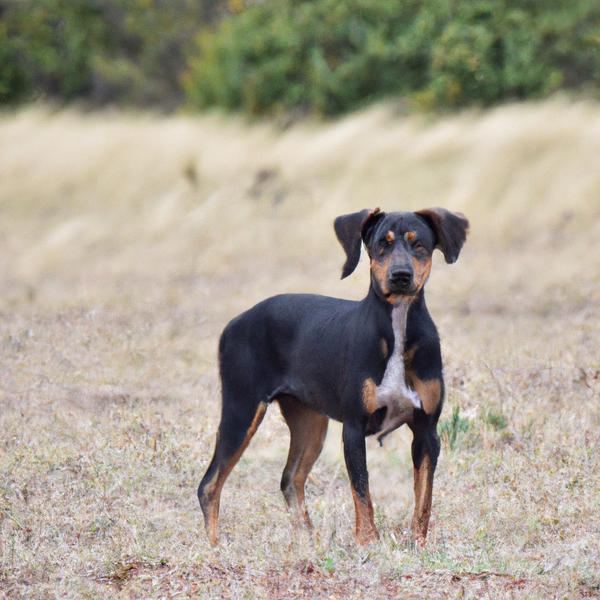Kimola vs. Lha-Cocker: Breed Differences and Similarities
Hypoallergenic
Are Kimolas or Lha-Cockers hypoallergenic, or neither?
Unfortunately, neither Kimola nor Lha-Cocker are hypoallergenic, which may not make them the best choice for dog lovers who suffer from pet allergies.
Temperament
What are the personalities of Kimola and Lha-Cocker dogs?
Playful
Independent
Energetic
Protective
Alert
Intelligent
Friendly
Obedient
Devoted
Lively
Steady
Spirited
Assertive
Playful
Alert
Intelligent
Friendly
Affectionate
Obedient
Devoted
Lively
Trainable
Steady
Spirited
Assertive
Quiet
Faithful
Shedding Level
Do Kimolas shed more than Lha-Cockers, or which breed sheds more, Kimolas or Lha-Cockers?
Kimolas shed a lot of hair each year, so frequent brushing is essential for reducing shedding and maintaining coat health.
Lha-Cockers are heavy shedders, but regular brushing can help manage shedding and promote a healthy coat.
Watchdog Ability
Which dog breed makes a better watchdog, the Kimola or Lha-Cocker?
The Kimola and Lha-Cocker breeds are not the best choice if you want good watchdogs. If you're looking for guard dogs, these breeds are not the right ones for you. They will 'watch' everything - but that's usually as far as they go.
Ancestry
What are the origins of Kimola and Lha-Cocker breeds?
American Eskimo, Lhasa Apso
Lhasa Apso and Cocker Spaniel
Breed recognition
Which kennel clubs recognize/register Kimola and Lha-Cocker?
ACHC = American Canine Hybrid Club
DDKC = Designer Dogs Kennel Club
DRA = Dog Registry of America, Inc.
IDCR = International Designer Canine Registry®
UKC = United Kennel Club
ACHC = American Canine Hybrid Club
DBR = Designer Breed Registry
DDKC = Designer Dogs Kennel Club
DRA = Dog Registry of America, Inc.
IDCR = International Designer Canine Registry®
Date of Birth
When were Kimola and Lha-Cocker breeds first developed?
Unknown
2000s
Eye Color Possibilites
What are the eye colors of Kimola and Lha-Cocker dogs?
Brown
Brown
Nose Color Possibilites
What are the natural nose colors of Kimola and Lha-Cocker?
Black
Black
Brown
Coat Color Possibilites
What are the natural colors of the coat for Kimola and Lha-Cocker breeds?
Cream
White
Gray
Black
Brown
Red
Cream
Fawn
Sable
Brindle
Coat Length
What is the typical coat length for Kimola and Lha-Cocker breeds?
The coat of Kimola and Lha-Cocker dogs is generally known for its length.
Coat Density
What is the density of the coat of Kimola and Lha-Cocker?
Coat Texture
What is the hair texture of Kimola and Lha-Cocker?
Straight
Litter Size
What is the usual litter size for Kimola and Lha-Cocker?
A Kimola can have a litter of 4-6 puppies on average. However, it's worth noting that the size of the litters can vary greatly. Factors that can influence litter size include the health of the mother, breeding history, and genetics.
A Lha-Cocker can have a litter of 6-8 puppies on average. However, it's worth noting that the size of the litters can vary greatly. Factors that can influence litter size include the health of the mother, breeding history, and genetics.
Adaptability
Kimolas are known for their adaptability and can adjust well to different environments and lifestyle changes.
Lha-Cockers are highly adaptable and versatile, making them excellent companions for families and individuals of all lifestyles.
Health Issues
Between Kimola and Lha-Cocker, which breed is more prone to health problems?
Kimola and Lha-Cocker breeds are generally considered to be healthy. However, like all breeds, they are susceptible to certain health issues and it is important to keep an eye out for them and address them with your veterinarian as needed.
Major Concerns
What are the major health concerns for Kimola and Lha-Cocker breeds?
Patellar Luxation
Familial Nephropathy
Atopic Dermatitis
Brachycephalic Syndrome
Exposure Keratopathy Syndrome
Keratoconjunctivitis Sicca
Ear Infections
Patellar Luxation
Retinal Dysplasia
Keratoconjunctivitis Sicca (Dry Eye)
Minor Concerns
What minor health issues should be kept in mind when owning Kimola and Lha-Cocker?
Intervertebral Disc Disease
Urolithiasis
Hydrocephalus
Chronic Anemia
Progressive Retinal Atrophy (PRA)
Entropion
Ectropion
Seborrhea
Skin Fold Dermatitis
Exposure Keratopathy Syndrome
Occasional Tests
What occasional tests are recommended for Kimola and Lha-Cocker breeds?
X-Rays
Ear Examination
X-ray imaging
Eye Examinations
Schirmer Tear Test
Blood Analysis
Blood Count
Internal Imaging (x-ray, CT scan, MRI, etc.)
Blood And Urine Analysis
Eye Examination
Ear Examination
Skin Evaluation
Internal Imaging (x-ray, CT scan, MRI, etc.)
Blood And Urine Analysis
Hearing Tests
Energy
How do the energy levels of Kimolas and Lha-Cockers compare?
For those who lead a balanced lifestyle, Kimola and Lha-Cocker breeds may be a good choice as they have an average energy level.
Social Needs
Kimola vs Lha-Cocker social needs comparison
Kimola and Lha-Cocker have above average social needs compared to other breeds. They thrive in environments where they have a lot of interaction with humans and other dogs.
Exercise Needed
Kimola vs Lha-Cocker exercise need comparison.
The Kimola and Lha-Cocker breeds are breeds that require minimal physical activity to maintain a healthy lifestyle. They are ideal for people with busy lifestyles, elderly people or those who have limited mobility. They also make great pets for those who live in small apartments or have limited outdoor space.
Sleeping Need
Which of the two sleeps the most/least: Kimola or Lha-Cocker?
Kimola and Lha-Cocker dogs tend to sleep less than some other breeds, but it's still important for them to get adequate sleep in order to maintain good health.
Tendency to Bark
Do Kimolas or Lha-Cockers bark more/less frequently?
Kimolas bark moderately when necessary and may also bark due to certain triggers like fear, alarm, boredom, greeting, separation anxiety and compulsive barking.
Lha-Cocker dogs are generally less vocal than other breeds and only bark when necessary, such as to alert their owner or communicate.
Mouthiness
Mouthiness Comparison: Kimola vs Lha-Cocker?
Roaming urge
Kimola vs Labrador: Running away tendency?
Prey Drive
Kimola or Lha-Cocker - which breed has a higher level of prey drive?
Past times
What are some enjoyable activities and ways to keep Kimola and Lha-Cocker entertained?
Dancing, Playing, Play, Running, Jugging
Playing, Walk, Sleeping, Run, Road trip, Swim, Tug-of-war, Nap, Dance, Dog Parks
Activity Level
Which breed has higher energy, Kimolas or Lha-Cockers?
Kimolas are medium-energy dogs and typically enjoy socializing and playing casual or even sustained games of chase with other dogs. They may also have occasional periods of barking or racing around the house.
Lha-Cockers are low-energy dogs. This breed make a great companion for a relatively inactive person. Lha-Cocker dogs require a few short daily walks, and then they're happy snuggling next to you for the rest of the day.
Tolerance of being left alone
Walks per Week
How many miles should Kimola or Lha-Cocker walk each week?
There's really no limit to how far you walk your dog as long as they're comfortable. For Kimola, it's at least 6 miles / week. Just remember to build distance and stamina gradually over time.
There's really no limit to how far you walk your dog as long as they're comfortable. For Lha-Cocker, it's at least 5 miles / week. Just remember to build distance and stamina gradually over time.
Activity per Day
Do Kimolas or Lha-Cockers require more exercise?
In general most Kimolas usually need at least 40 minutes of exercise daily. This can be spread across the day and include all sorts of high-energy activities, like walking, running and playing.
In general most Lha-Cockers usually need at least 30 minutes of exercise daily. This can be spread across the day and include all sorts of high-energy activities, like walking, running and playing.
Grooming
Which breed is easier to maintain in terms of grooming, Kimolas or Lha-Cockers?
Kimola and Lha-Cocker are breeds of dogs that require a significant amount of grooming. They will also require regular trims, and a professional groomer's help is often necessary to keep their coat in good condition. They may also need regular baths to maintain their coat and skin.
Brushing Frequency
What is the recommended brushing frequency for Kimola and Lha-Cocker dogs?
Ideally, both Kimola and Lha-Cocker should be brushed at least 2 or 3 times a week (preferably daily) to improve shedding.
Brushing Tools
What brushing tools are used for Kimolas and Lha-Cockers?
Pin Brush
Dematter
Deshedder
Nail Clipper
Pin Brush
Dematter
Comb
Nail Clipper
Cups
How much food should be given to Kimola or Lha-Cocker in cups?
For an average 16-40 pound (7 - 18 kg) Kimola feed 2 cups daily. But, keep in mind, the amount you feed is going to be dependent on the quality of the food you are feeding.
For an average 15-25 pound (7 - 11 kg) Lha-Cocker feed 1.5 cups daily. But, keep in mind, the amount you feed is going to be dependent on the quality of the food you are feeding.
Daily Cost
Which breed has a higher daily cost, Kimola or Lha-Cocker?
The average cost of a Kimola is somewhere $1.70 - $2.00 per day.
The average cost of a Lha-Cocker is somewhere $1.70 - $2.20 per day.
Monthly Cost
Which breed has a higher monthly cost, Kimola or Lha-Cocker?
The average per month expenses of a Kimola is between $48 - $63. This makes an average of $576 - $756 per year. It will be on the higher side when the dog is still small because it will need more frequent visits to the vet, shots.
The average per month expenses of a Lha-Cocker is between $34 - $67. This makes an average of $408 - $804 per year. It will be on the higher side when the dog is still small because it will need more frequent visits to the vet, shots.
Intelligence
Comparing Intelligence: Kimolas vs Lha-Cockers
Kimola has below average obedience intelligence, but they excel in understanding human emotions.
Lha-Cockers are average in obedience intelligence but have a high IQ and may cause trouble if left unsupervised.
Sensitivity Level
How do Kimola and Lha-Cocker compare in sensitivity?
These dog breeds are particularly attuned to its environment and the emotions of those around it. Kimola and Lha-Cocker can be easily overwhelmed by loud noises, new environments, unfamiliar people, or animals. This dog breed is best suited for individuals or families who are patient, gentle, and understanding of its sensitive nature. It may also benefit from a calm and stable home environment, with a consistent routine and plenty of positive reinforcement training.
Affection Dependance
Which is the more affectionate dog breed: Kimola vs Lha-Cocker?
Apartment Friendly
Which breed is more apartment-friendly: Kimola or Lha-Cocker?
Kimolas and Lha-Cockers are known for being excellent apartment dogs. They are fairly active indoors and will do okay without a yard.
Child Friendly
Do Kimolas or Lha-Cockers have a friendlier temperament towards children?
The typical characteristics of Kimola and Lha-Cocker indicate that this breed of dog is an ideal companion for kids and makes them family pets. Their gentle and protective nature and calm mentality make them gel along quickly with the younger humans.
Senior-friendly
Which dog is more suitable as a pet for the elderly - Kimola or Lha-Cocker?
Cat Friendly
Do Kimola or Lha-Cocker breeds have a better compatibility with cats?
Kimolas are good with cats, but early training is needed to prevent chasing behavior.
Lha-Cockers are very friendly with cats and make great companions for them.
Dog Friendly
Which breed is more sociable with other dogs: Kimola or Lha-Cocker?
Kimolas and Lha-Cockers are very friendly towards other dogs. This breed typically have a happy and affectionate temperament around dogs.
Pet friendly
How do Kimola or Lha-Cocker dogs interact with other pets?
Stranger Friendly
Which breed is more friendly with strangers: Kimola or Lha-Cocker?
Kimola and Lha-Cocker are average friendly around strangers. They can be wary around strangers and a little standoffish, so early socialization is key to ensure they are comfortable around new people.
Playfulness
Which breed is more playful between Kimola and Lha-Cocker?
Kimola and Lha-Cocker are playful dogs. So, no matter how busy the day may get, the best thing you can do for Kimola and Lha-Cocker is to make time each day to play. It can be as little as 15-20 minutes, and it will mean the world to them.
Trainability
How do the trainability levels of Kimolas and Lha-Cockers compare?
Kimola and Lha-Cocker dogs are known for their ease of training and ability to learn quickly, making them a popular choice for pet owners and trainers alike.
Compare Kimola with other breeds
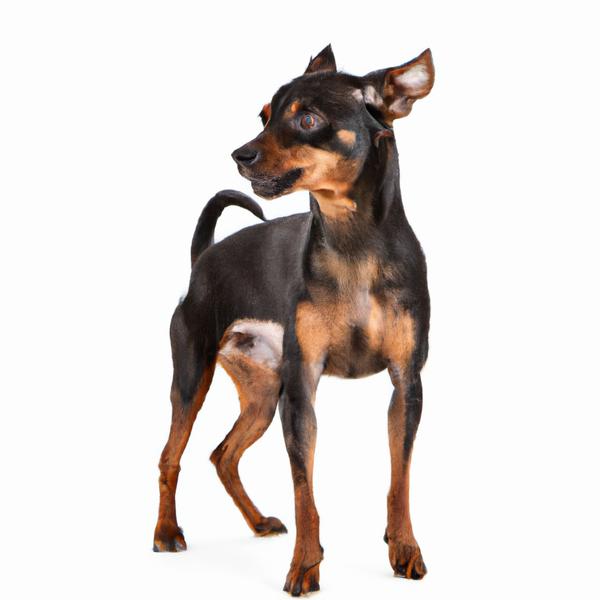
Miniature Pinschelkhound
Kimola vs Miniature Pinschelkhound
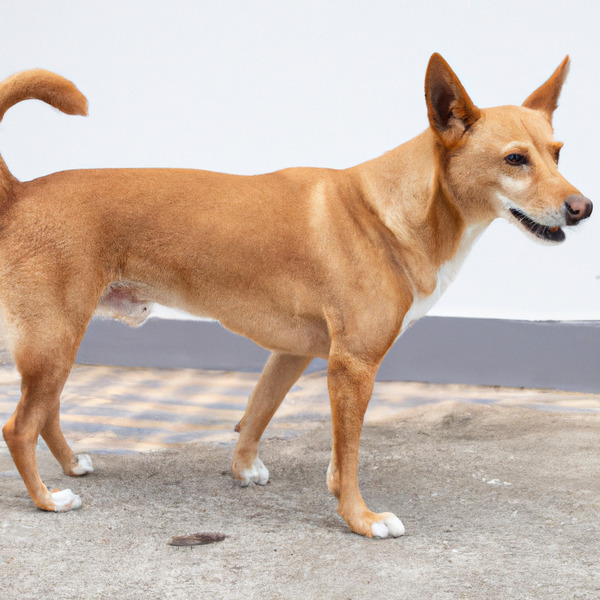
Portuguese Podengo
Kimola vs Portuguese Podengo
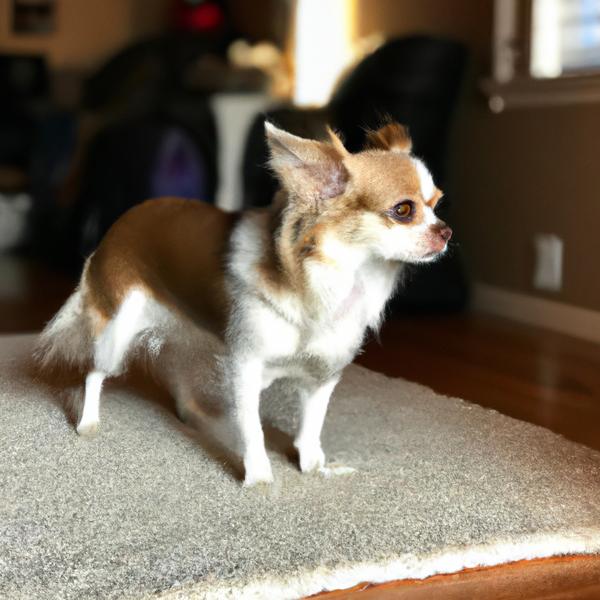
Chestie
Kimola vs Chestie
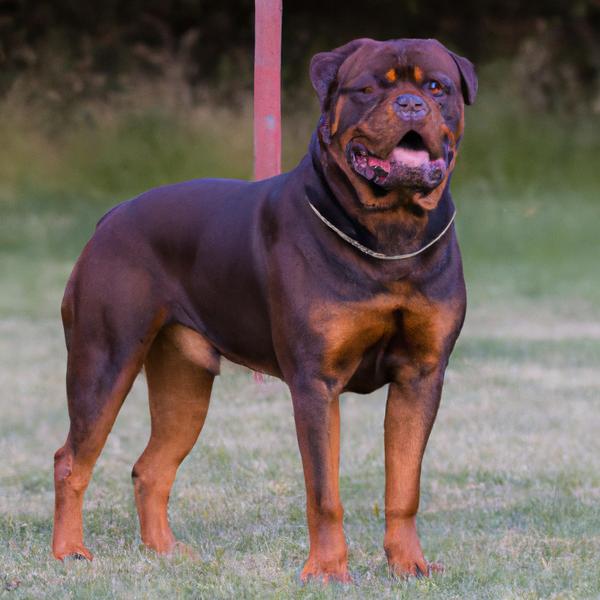
Rottie Bordeaux
Kimola vs Rottie Bordeaux
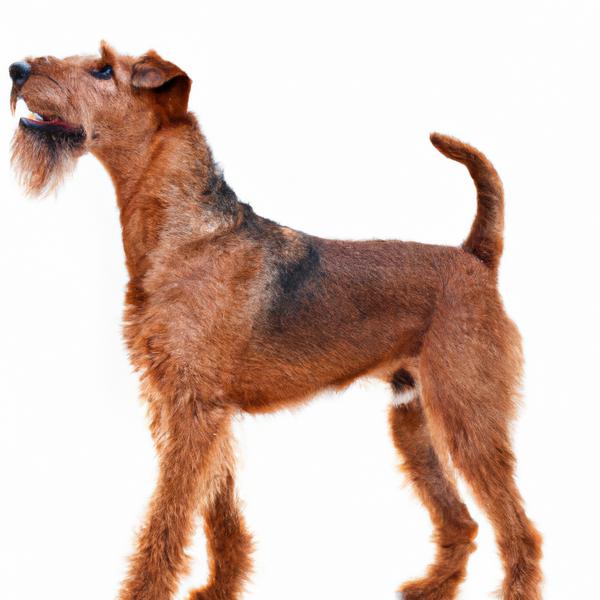
Irish Saint Terrier
Kimola vs Irish Saint Terrier
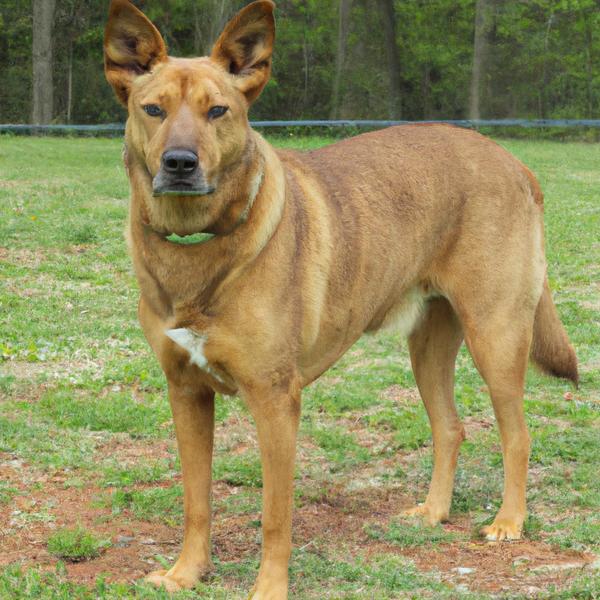
Elk-a-Bee
Kimola vs Elk-a-Bee
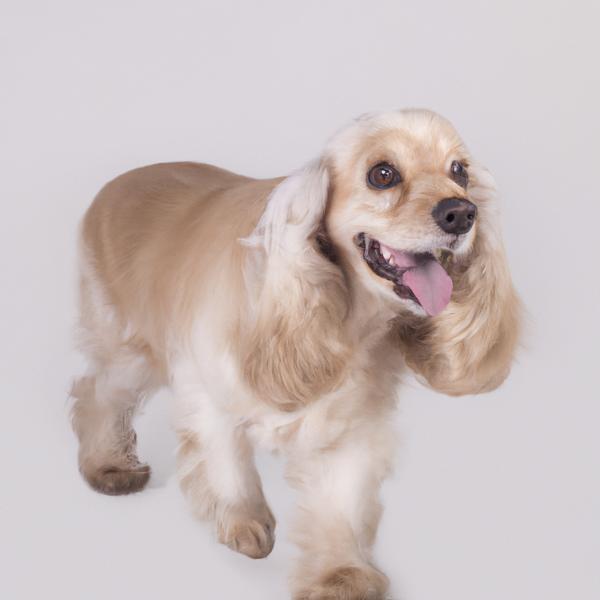
Lha-Cocker
Kimola vs Lha-Cocker
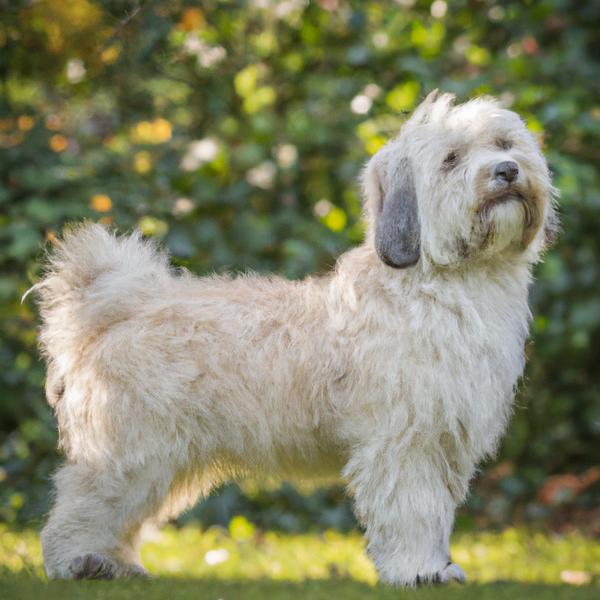
Dandie Dinmont Terrier
Kimola vs Dandie Dinmont Terrier
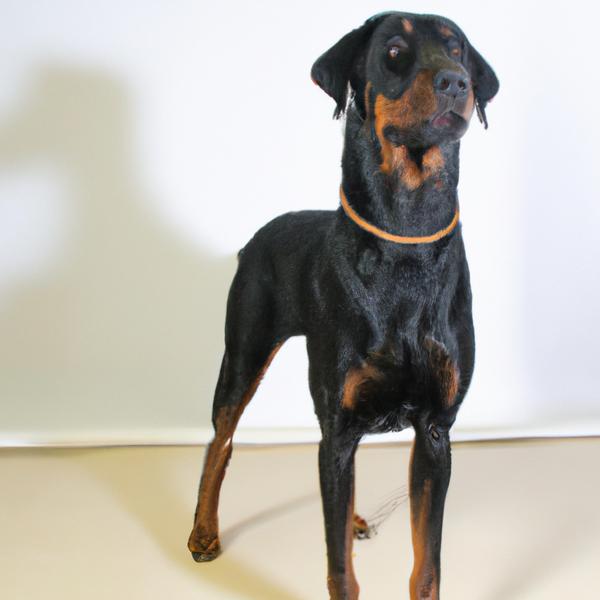
Weston
Kimola vs Weston
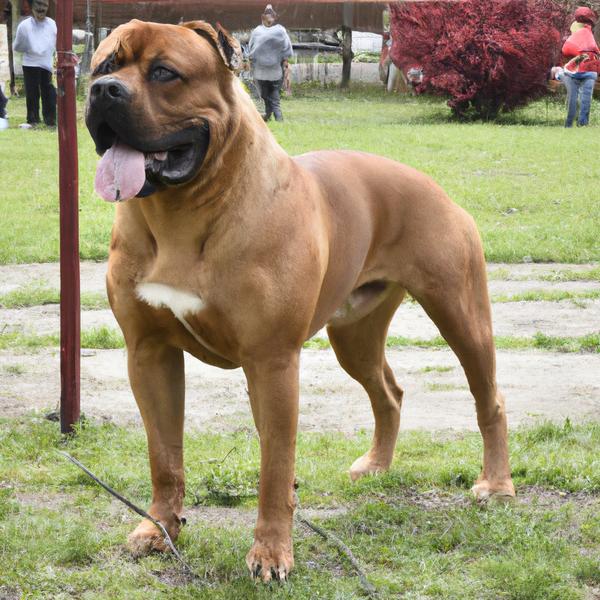
Pit Bullmastiff
Kimola vs Pit Bullmastiff
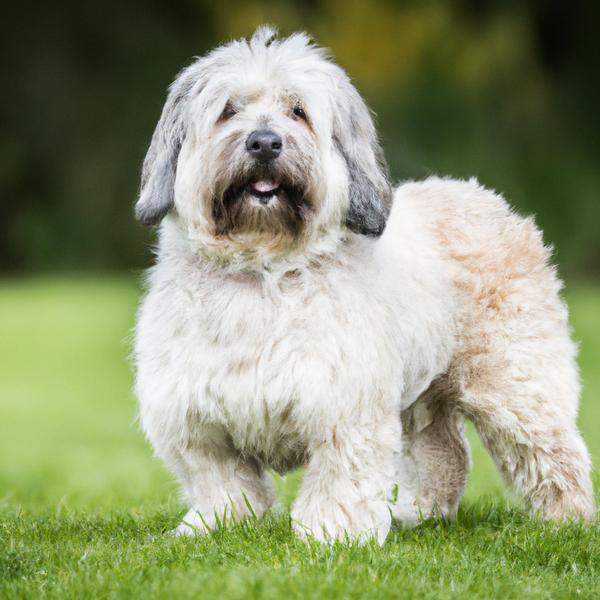
Wel-Chon
Kimola vs Wel-Chon
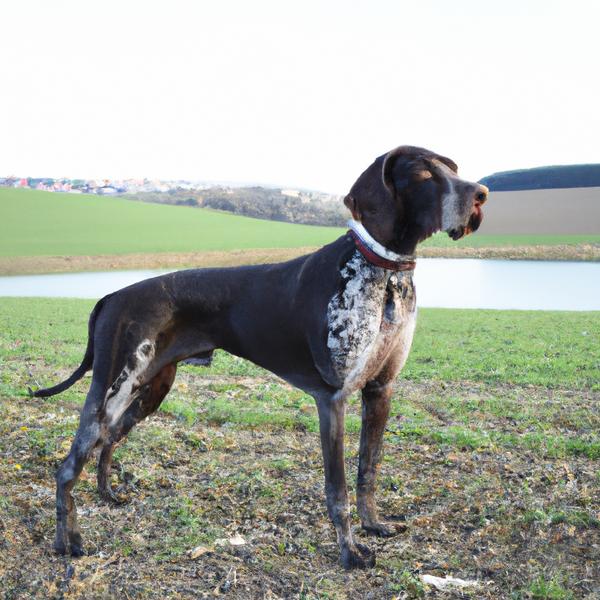
German Hund Pointer
Kimola vs German Hund Pointer
